
Explore the top rated Ferndale drug rehabs with confidence. We've analyzed each of the 25 addiction treatment centers in Ferndale, MI for patient reviews, clinical credentials, transparency, and brand reputation to identify the best rehab programs.
Filter by inpatient, outpatient, detox, health insurance, specialty program and more to quickly find the best drug and alcohol rehab in Ferndale.Our Methodology
Rehab Score
Our Rehab Score is designed to make it easier for you to find the best treatment centers. We combine overall ratings with recent feedback to create a score that reflects a center's quality right now.
.
Insurance details are not available for this location.
| Name / Address / Rating | Description | Treatments / Programs / Payment Options | Review / Contact | Images | |
|---|---|---|---|---|---|
Royal Oak, MI | Foundations Skywood Outpatient is a drug and alcohol rehab facility located in Detroit, Michigan. They provide treatment to people who struggle with substance use disorder and alcohol use disorder. They specialize in treating people who have concurring mental health issues and substance use issues. They also offer telehealth services if you can’t | Treatments Programs Payment Options | Great people who helped me when I really needed help. Thank you so much.
Robin Cole
5 months ago
This place is amazing!!! The entire staff of therapists are very knowledgeable and each bring something different to your recovery journey. As others have stated in the reviews, they truly changed my life and how I view my recovery. I cannot endorse and suggest this outpatient more. I’ve attended other IOP’s, but this facility is simple the best! I didn’t attend their inpatient, but I heard from my peers that it is also top notch. I’m back to work now, but I sometimes miss this place. Nothing but love and gratitude for Skywood!!!
Scott McIntosh
5 months ago
This place provides the right tools to stay sober. I'm glad to have had their support in my journey.
Jason Peterson
8 months ago
| 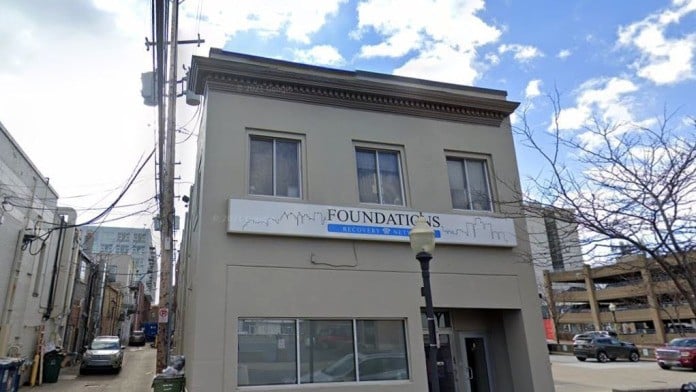
6 6 

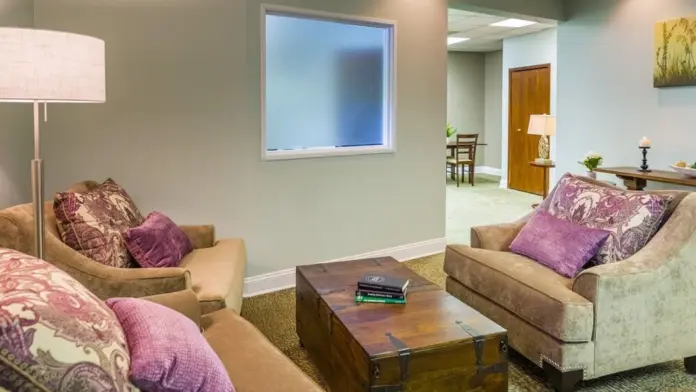

| |
Plymouth, MI | Personalized Nursing LIGHT House is located in Plymouth, Michigan. They offer a pretty unique service model that combines outpatient substance abuse treatment with sober and safe living arrangements and they have several different treatment programs available. They have an intensive outpatient program with domicile (IOPD). In this program, you’l | Treatments Programs Payment Options | Brothers and sisters,in addiction...
Is there MORE! YES,yes there is..many rehabs,a couple mental hospital stays ect,yall nkow the drill...UNTIL I STOPPED TRYING, TO UNTRUTH THE TRUTH...LIGHTHOUSE gave me the tools I needed,to begin TO LIVE. AND TY! Never stop,please...there is no normal life, just life..get on with it..
Booze,drugs,and gloom n doom....ain't for you,please realize this truth.
Over n out,Sept 10 2022,it's February 2026..
I will pray for you,you pray for me,together we can get ONE MORE DAY...YOUR WORTH IT!
john strain
1 day ago
Helped me.
Jeffrey Vrooman
6 months ago
PNLH is a game changer! The amount of people that care outweighs the others, there is no place in Michigan to my knowledge that does what this place does. IF YOU WANT IT, THEY WILL HELP! #LifeInRecovery
Jason Hull
2 years ago
| 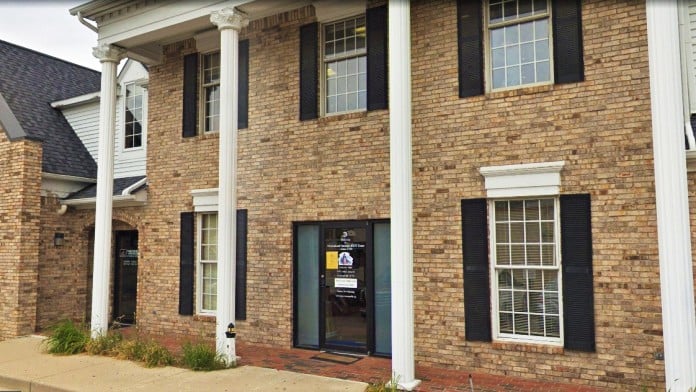
4 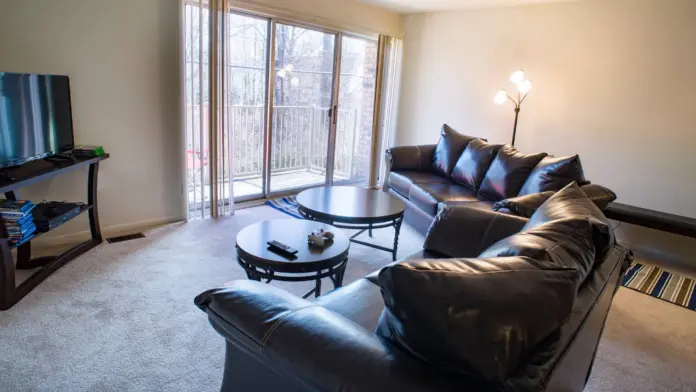
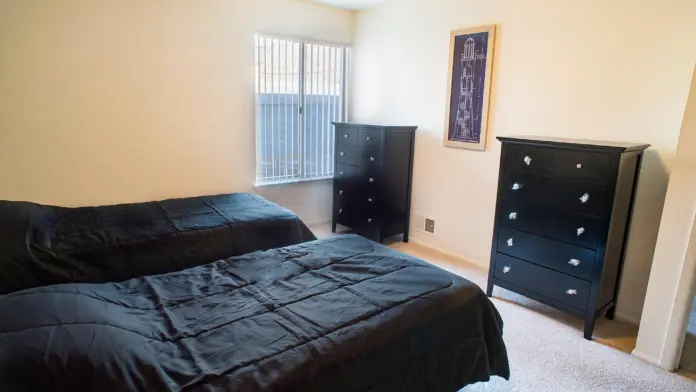
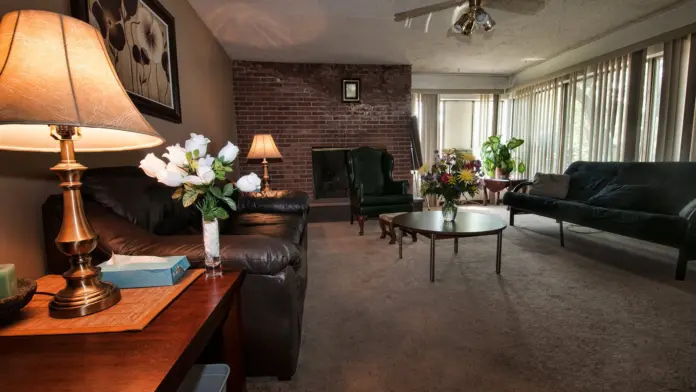
| |
Sterling Heights, MI | Quality Behavioral Health, in Sterling Heights, Michigan, is a 12 step-focused drug and alcohol rehab for adults offering withdrawal management, medication assisted treatment (MAT), and inpatient, intensive outpatient (IOP), general outpatient (OP), and aftercare programming. Gender-specific and dedicated services are available for young adults, tr | Treatments Programs Payment Options | Not only have they helped me with recovery but they became part of my recovery family. Bill is straight forward with what he expects and also understands real life issues but will not be played as he knows the in and outs of how qbh is ran and what people are up to. Beth is definitely their to help she came from beimg in the ER as a nurse and now coming to qbh to help the very people she seen impacted by drugs and will help anyway she can. Glenn always has positive and straightforward answers or questions to what you might be dealing with. Ron is the group counselor and he will let you get whatever is bothering you or even daily life issues out into the group for discussion. Everyone theor is somewhat helpful and I recommend qbh to whoever is out their struggling their is help. Call today
Justin “RockNPolitics” Skover
2 months ago
Just checking in on you guys. Thank You for all your help and the tools to stay clean. I left about four years ago and was at 120 . After about 45 days of going thru withdrawals I finally gave in to Suboxone. My next step is the shot. Hi Bill and glad to see you're still here. TY for always being cool and I'll never forget you. I think I was 518 and can only imagine what number you're on today!!
Addicts do recover when they choose to!!!! Ty QBH for the tools to stay clean by making me go to group and therapy 🙌. Which made me start going to NA meetings. I believe in early recovery you gotta do 90/90. 90 meetings in 90 days to start change 😉😎. Remember to give yourself a break and get into NA to start working the steps of NA. The books how and why were my best tools. You must have a sponsor to work the steps. You can't do the steps alone because how do you know if you're doing them right 👍 and you'll have a friend forever.
Janie J
7 months ago
Wonderful facility always clean and the staff are nice and professional.
Tony Rich
1 year ago
| 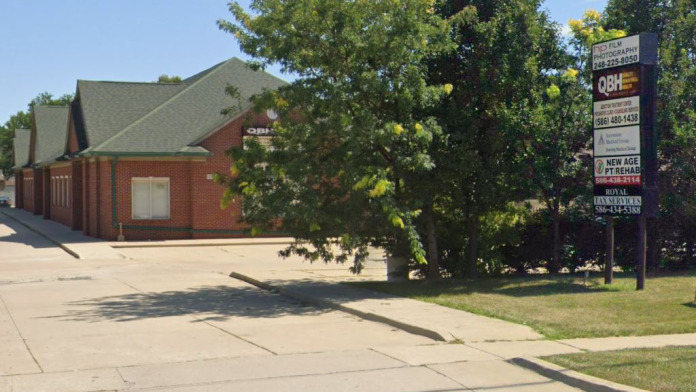
| |
Avenues Recovery Center at Fort WayneAd This is an ad and Avenues Recovery Center at Fort Wayne is a paid advertiser. Paid advertisers may be listed first in search results. This ad may contain content provided by the advertiser. Rehab.com does not verify ad content or any reviews that are displayed. Learn More Fort Wayne, IN | Situated in Fort Wayne, Indiana, Avenues Recovery Center is a modern, hotel-like addiction treatment facility. They offer a full continuum of care from inpatient detox, residential, medication-assisted treatment (MAT), outpatient and aftercare programs. They have a 95% long-term sobriety success rate. Residential treatment can begin with detox if n | Treatments Programs Payment Options | View Website (260) 235-5900 | Avenues Recovery Center at Fort Wayne has no reviews yet. Leave a review.
| 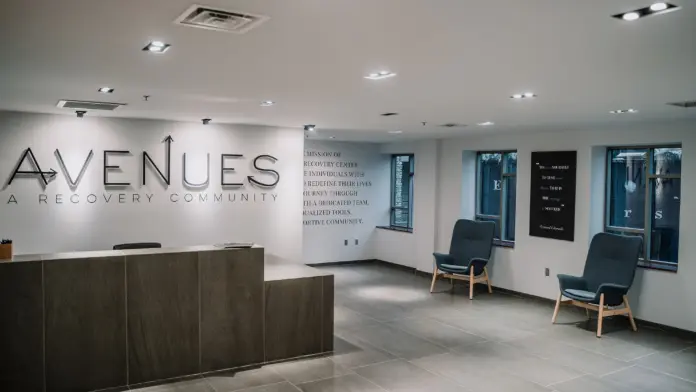
6 6 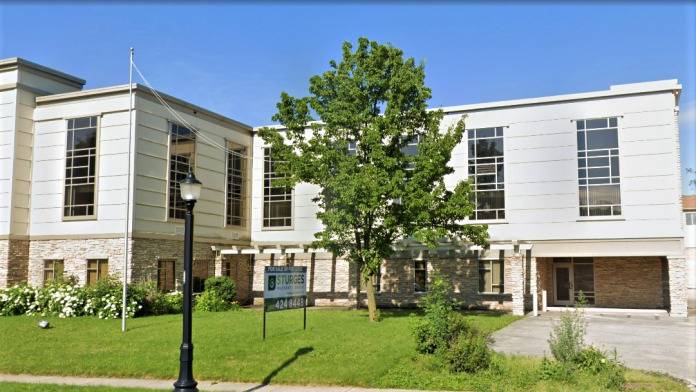
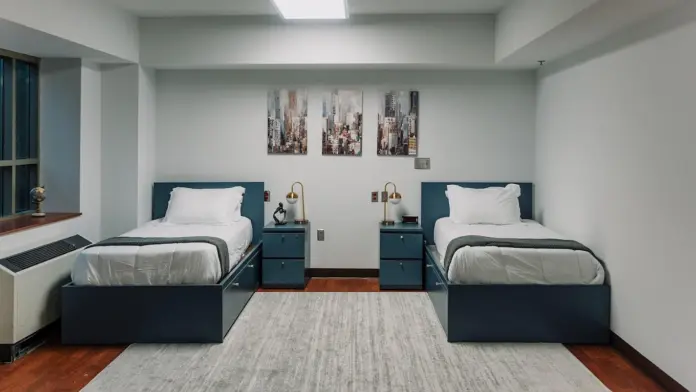
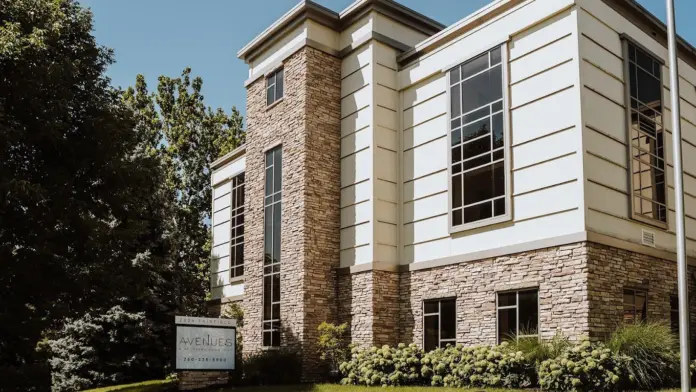
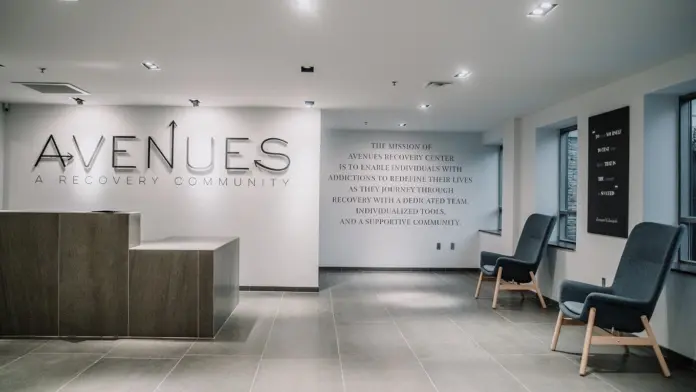
|
Farmington Hills, MI | Advanced Rapid Detox offers a four day detox program for individuals who are addicted to opioids. Located in Detroit, MI, the structured program includes 24 hour supervision in an ICU setting, with aftercare provided. Located in Detroit, MI Advanced Rapid Detox is a detox center offering a four day detox program. Patients receive 24/7 supervision f | Treatments Programs Payment Options | It’s my second day home after the procedure starting on Monday and leaving Thursday. I haven’t had nausea, sweated or had diarrhea once since the procedure starrted and up until now. I’m moving around perfectly fine. The only problem I have is the restless legs which they give you meds for when you leave. I was coming off 24 mg suboxone I’ve been stuck on. If your want to be clean and actually get that dopamine feeling just listening to music get to this place as fast as possible. Don’t end up dead like the thousands we’ve seen already
Justin G
2 months ago
This place did for me what I could not do myself.
Staff literally treats you like a member of their family.
Thank you
Taylor W
4 months ago
Well I’ve been using fetty over 10 years I’ve been on methadone for 2 years I still use fetty once in a while well maybe now about 2 times a week sometimes more I’ve really tried to kick it all I just want off of everything I’m desperate I’d like to no more about how this procedure goes because I see skit of people say it hurts an that it’s rough well isn’t being door sick the same thing so it makes me wonder what would be the point if your still going to feel bad ? Is there any kind of withdrawals that u will feel what about this procedure makes u hurt ? I have so many questions
brittany mesch
6 months ago
| 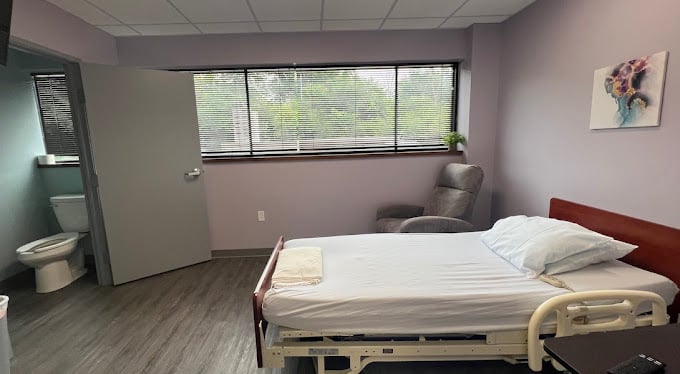
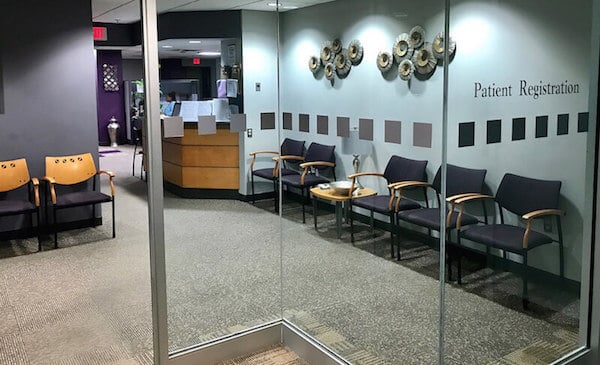
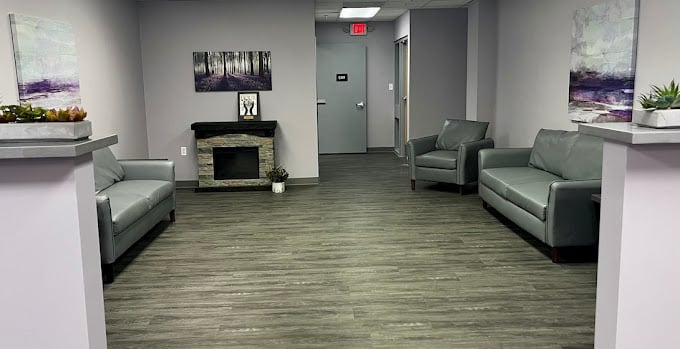
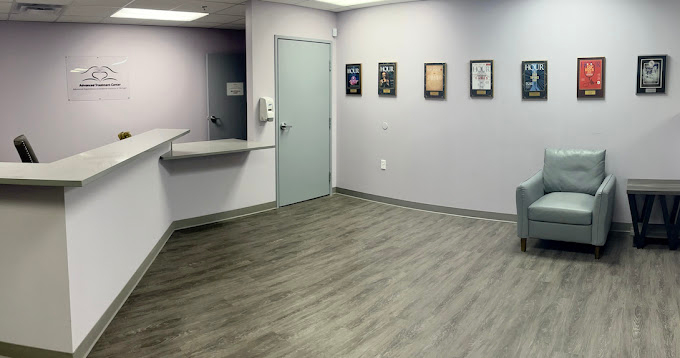
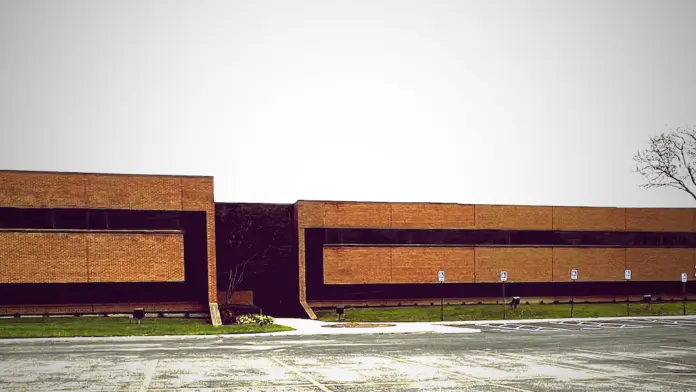
| |
Detroit, MI | The Children’s Center in Detroit, Michigan, provides an outpatient behavioral health program for youth ages 7 to 21. Their goal is to address mental health and secondary substance use issues. This program ensures that every child receives comprehensive care by offering a variety of services to address serious behavioral health issues. Active outp | Treatments Programs Payment Options | Various departments to accommodate need & request, many resources, fully staffed. Friendly, caring & atmosphere.
Mattie Morgan
3 months ago
Christopher 100%.
Henry Johnson
1 year ago
I love going to the children center I remember going there a lot they helped me a lot and I appreciate y'all for being there for kids who needs help
Kaysha Pace
4 years ago
| 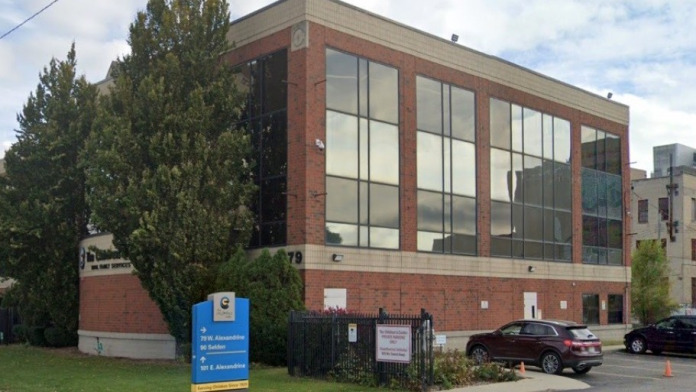
| |
Dearborn Heights, MI | Premier Services of Michigan, located in Dearborn Heights, Michigan is a private alcohol and drug rehab that offers treatment for a variety of substance abuse addictions including alcoholism and opiate addiction. They offer supervised medical treatment to safely manage withdrawal symptoms during detoxification, residential care providing long term | Treatments Programs Payment Options | I’ve been to a couple different clinics, CMS is by far the cleanest, fastest, and overall one of the best clinics. Tiffany is always a pleasure to deal with. She’s knowledgeable, respectful and goes above and beyond to make sure everything runs smooth. The same can be said for Tanya and the nurses. Tanya has gone out her way to help me on multiple occasions and is always there to give an encouraging word. The Doctor is friendly and thorough, so are the counselors. If you are looking for MAT treatment I would recommend checking this place out. One negative aspect is the billing process if you are paying out of pocket keep your receipts and stay on top of your payments.
Vinny Rogers
2 months ago
The nurses are so sweet and caring. Nobody here gives you attitude or they treat you with the upmost respect. I feel as if they genuinely care about my well-being. I recommend this clinic over any of the other ones in the metro detroit- downriver area. They are the best!
Jessica Bryk
2 months ago
Tanya is a great person who really cares about everyone and she can turn you day from bad to a good day because
Jennifer Kirk
4 months ago
| 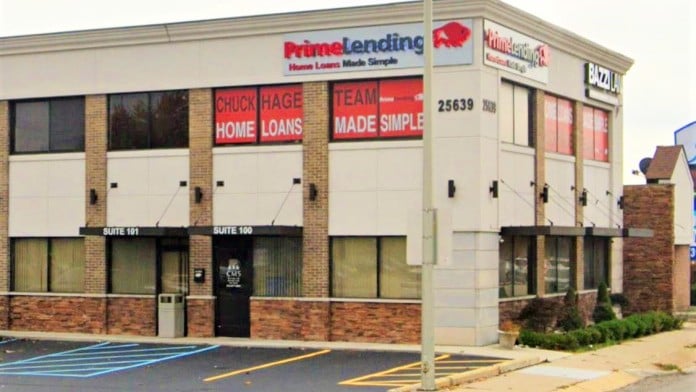
3 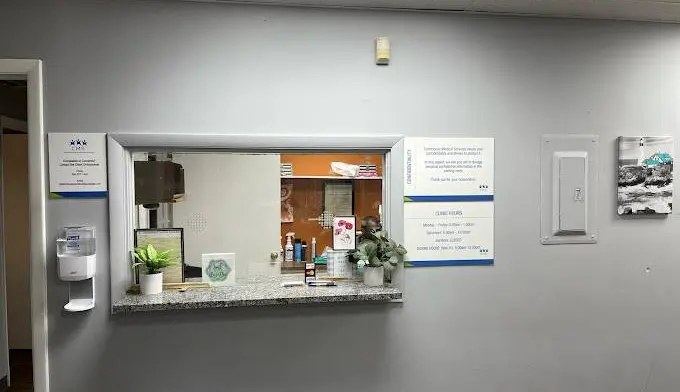
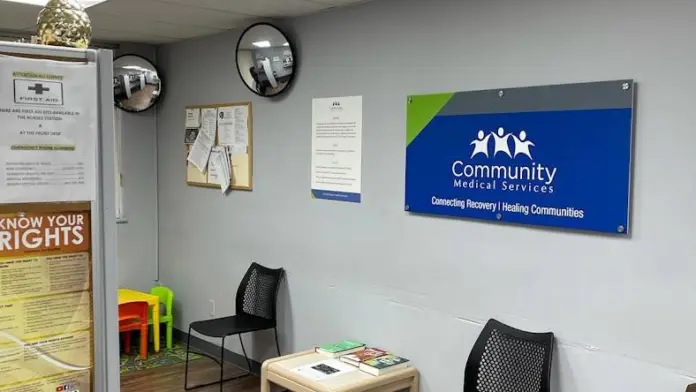
| |
Waterford, MI | Meridian Health Services in Waterford, Michigan, is a full service healthcare provider specializing in premium quality mental health and addiction recovery services for men. These programs are geared at helping you get back on the right path to recovery and overall wellness. Meridian is unique for its dedication to tailored care which guarantees pe | Treatments Programs Payment Options | My loved one said it’s the best place they have been. I noticed some reviews that say their loved one was harassed. I’m guessing they are new at this. Most addicts will say anything When they are craving, or actively using. I say this to not only the person that wrote the review, but to everybody reading this that Loves an addict.; I suggest this person Joins Al Anon, Nar Anon, or any support Group that works for you. One thing you learn Is an addict that is actively using, or craving, is lying when their lips move. It looks like a couple months since that review was written, Wondering how their loved one is doing today, I pray they are doing well. I’ve been with my loved one For 20 years. It has taking me all of that time to learn to Love With Detachment. It Has also taken me that amount of time to learn that I have a disease by proxy of loving an addict. Al Anon Has been very helpful to keep my mental health in What could be an otherwise chaotic & dysfunctional life. Everyone, please remember, it is not only the addict that needs help when it comes to addiction. Don’t be afraid to seek it, you will be surprised how many other people are dealing with the same things as you.
Chuck Bral
2 months ago
I just want to take some time to shed some light on this beautiful painstaking have! Meridian holds the most special place in my heart. They have literally become like a family to me. I was a hard case. I was stubborn and guarded. I'm a hands on learner and it's taken me at least 10 years in and out to receive the gift meridian and sobriety offers! People like jayson murray the p.r.c. there taught me "move a muscle change a thought" or "you just have to draw the line". These things sound simple but when you're actually in a jam and you can hear that voice overcoming this disease the somethings working! Something or someone bigger and far more GREATER than me is moving in my life! Having someone like Jackie willing to put in work day to day to help bridge the gaps for us in a daily basis is LIFE CHANGING! I couldn't ask for a better person to ask for help! The M.T.'s that show up everyday with a smile and love everyday in spite of their own lives is the heart of this program! They all choose to work here and show us unconditional love. Meridian loved me until I could love myself. I can say that I truly do love myself today! Now that I've actually experienced recovery I will stop at nothing less ONE DAY AT A TIME THOUGH! The medical staff is also the heartbeat 💓! I want to give a thank you to Corey for always loving me and treating me like I'm your own, stephanie- I remember saying to you "I just want to be a good person" you didn't even pause when you said "you are a good person you just have a disease, and I mean that"!! I will never forget that! Becky- I just adore you so much, courtney-diddnt get to see yah but I appreciate you and think about you often, Lyndsay and Amanda you guys are rockstars and meghan- I'm so grateful for the program you implemented and all the positive changes happening here!!
Laurell- I'm so grateful you were my caseworker! You allowed me to jump in and face fears Id usually stuff. You encouraged me and reminded me of who I am. I'm forever grateful! Autumn- it's such a blessing to see you working in this field. You inspire me so darn much! I pray one day I can join this beautiful place on the other side! Kim r.-thank you for showing me compassion! You're all such an inspiration. I truly love you guys and am forever eternally grateful. I hope one day I can reach someone like you guys did me! Even if it takes a decade 😉
Amy Liles
2 months ago
I have been dosing, attending counseling have 2 recovery coaches and have been inpatient. At this facility, I can't possibly say enough. Good things about them.
The staff is friendly, helpful and
Always professional, particularly Megan, Sarah, Jacqueline, Hanna,Dave and Kathleen i've been with them for 3 years. Even though it isn't a necessity right now, I would happily go back to inpatient. Just to get some more experience with the staff there. I've been to over 13 rehab facilities, and this one is by far the best.
They have also kept me sober.The longest .
Karen Bryant-Illinik
2 months ago
| 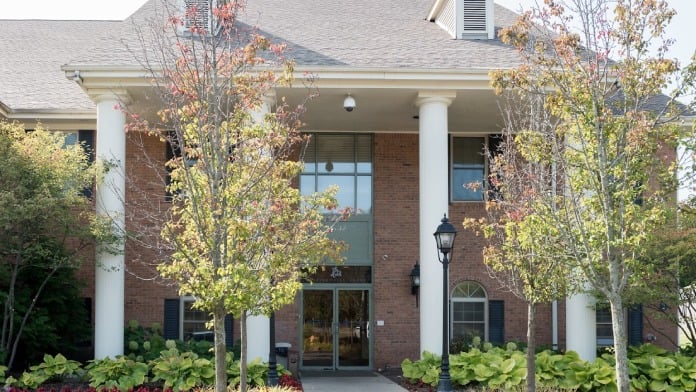
6 6 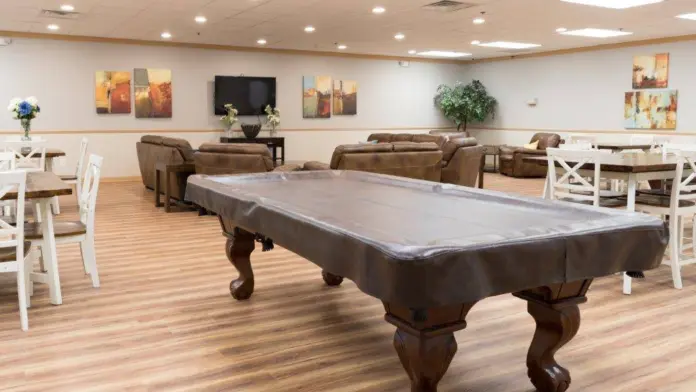
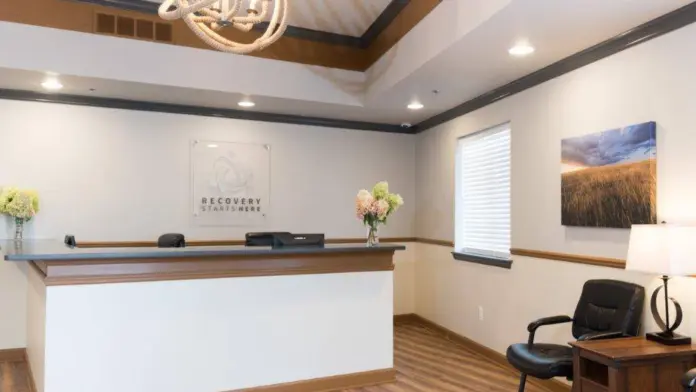
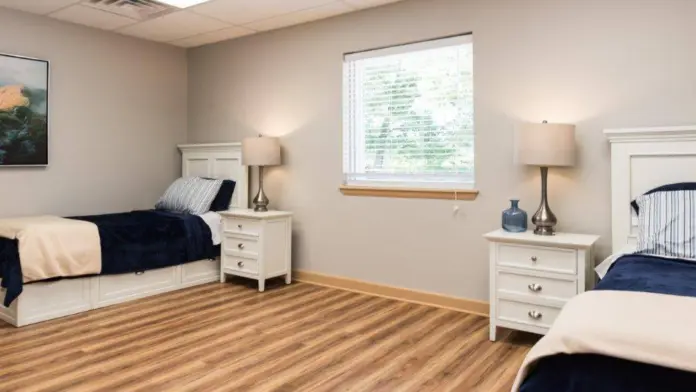
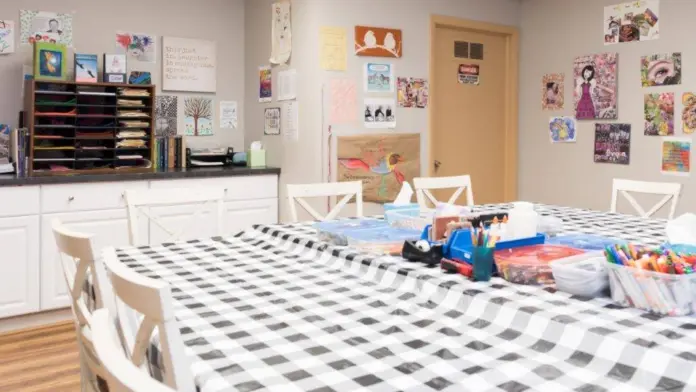
| |
Warren, MI | The Salvation Army-Macomb's Answer to Temporary Shelter is located in Warren, Michigan. You’ll also see it called MATTS. This is a goal based shelter that adults and children can stay at while they’re recovering from a mental or behavioral health condition, including substance abuse. Most people stay in this shelter for about 90 days. It gives | Treatments Programs Payment Options | I was there at the M.A.T.T.S. Program. They was respectful, helpful, and very patient with rude people.
The people there with children should really keep an on their children, not let them run around.
They help you if you want to help yourself and your family.
They have good meals. The salvation army helps out a lot. They have a social service there that helps you out.
You call and then go up there before 8:30 to see if there is a open bed.
Thank you Salvation Army 🙏 you have been so helpful.
Roberta Waellus
4 months ago
Dropping off un-needed clothing.
Erica_rene Inc.
5 months ago
Good summer camp program for the kids.
Walter Lee
7 months ago
| 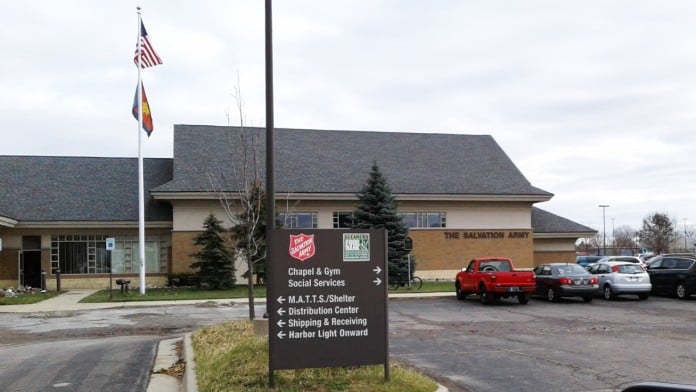
2 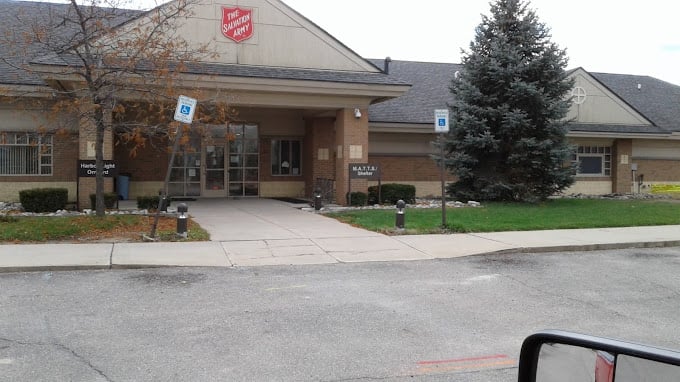
| |
Farmington Hills, MI | New Oakland Family Centers in Farmington Hills, Michigan, offers help and support 24 hours a day, every day of the year. They have family-oriented, comprehensive treatment programs with various levels of care. Situated in an urban locale not too far from Detroit, New Oakland does their best to provide the most effective evidence-based therapy and | Treatments Programs Payment Options | During a recent admission to New Oakland Family Centers, I met Wendi & Brandy at the front desk. These two ladies were so kind and helpful, as well as interested in constructive thoughts and suggestions from customers. They were engaging and immediately adopted small suggestions that would improve messaging or efficiency at their office. They were very friendly, comforting, and helpful as well. Companies can use more employees like these two! (Middlebelt & 14 Mile location).
Jim Springer
6 months ago
I had a great experience with therapy here. When I was through and wanted my notes and paperwork from my time there I called the place and was transferred to medical records where I left a message to return my call. My call was returned within the day and I was emailed my paperwork asap, no problem. I would definitely recommend this place to family and friends.
Kourtney Jones
1 year ago
i competed the adult PHP and i couldn’t be happier about my time at new oakland! i am a healthcare provider myself and the therapists, providers, and support staff are SO genuine and kind. being in a group therapy setting was a scary thought initially but i felt that it was a very safe space to share my experiences. i also enjoyed hearing other’s experiences as it helped to remind me that we are all going through similar issues in life. the therapists even completed the worksheets along side of us and shared their experiences about their own healing journeys which was reassuring. i’ve learned and grown so much during my time here and i am very appreciative of the employees who made it happen: zach, mara, michelle, amber and everyone else. ya’ll deserve a raise LOL. thank you!!! :)
Sarah
1 year ago
| 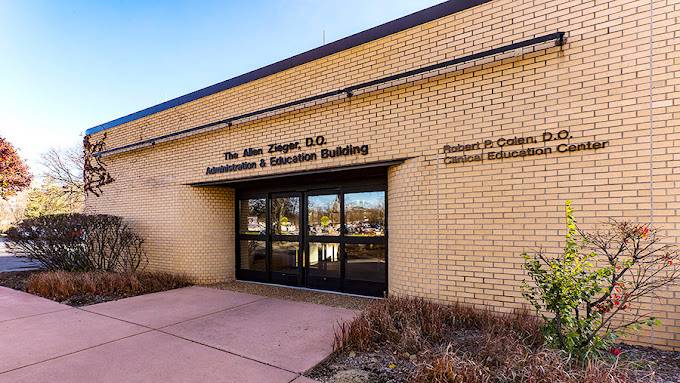
2 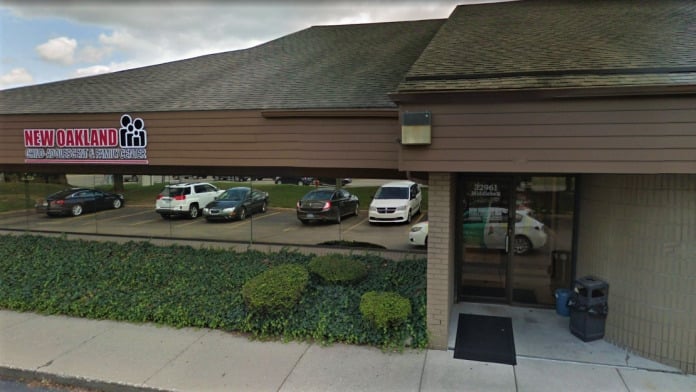
| |
Boca Recovery Center – Indiana Drug and Alcohol RehabAd This is an ad and Boca Recovery Center – Indiana Drug and Alcohol Rehab is a paid advertiser. Paid advertisers may be listed first in search results. This ad may contain content provided by the advertiser. Rehab.com does not verify ad content or any reviews that are displayed. Learn More Huntington, IN | Boca Recovery Center is a luxury drug treatment facility in Huntington, Indiana. The company started in Florida in 2016 and quickly moved into three additional locations to address substance disorders and co-occurring mental health issues. They accept most major insurances and will check your coverage options days before you enter treatment. Howeve | Treatments Programs Payment Options | View Website (260) 201-2661 | Boca Recovery Center – Indiana Drug and Alcohol Rehab has no reviews yet. Leave a review.
| 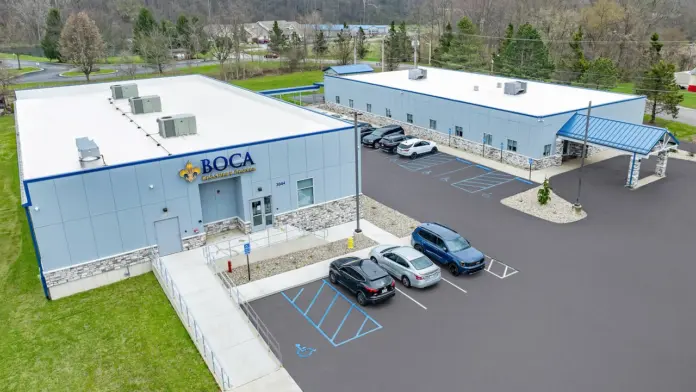
24 24 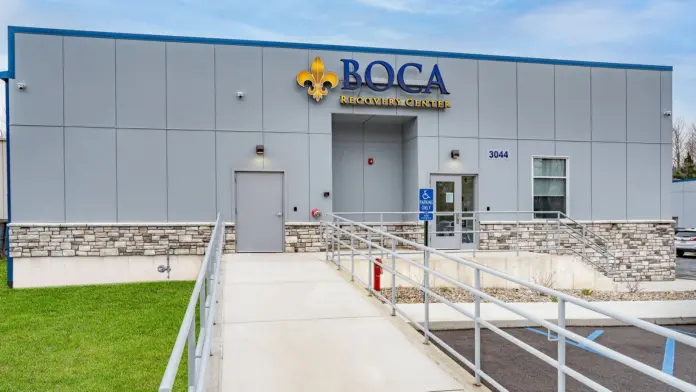
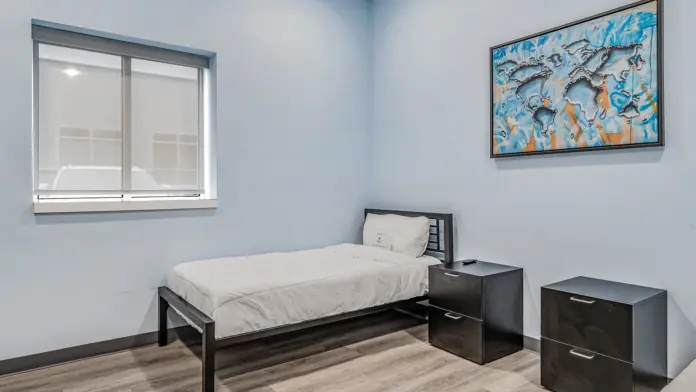
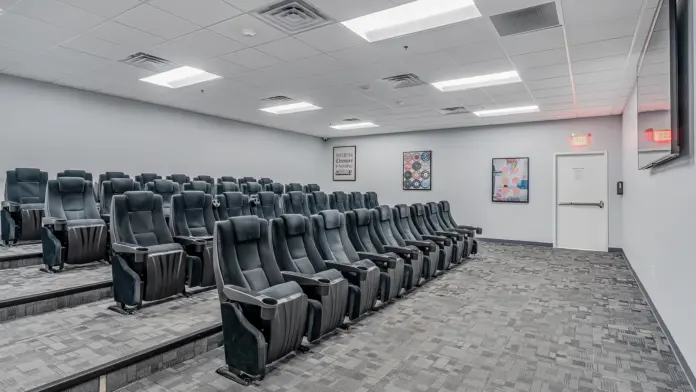
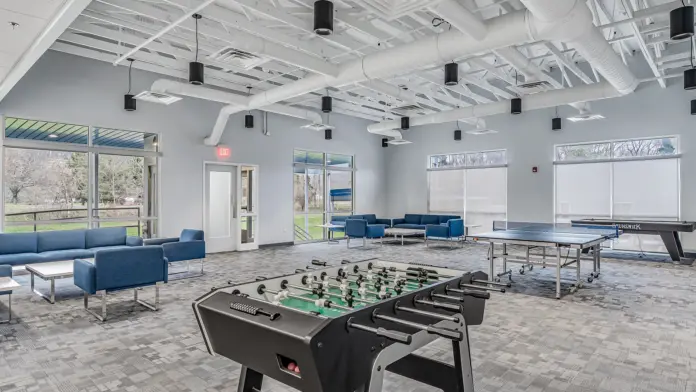
|
Detroit, MI | Detroit Recovery Project is a nonprofit health organization located in Detroit, Michigan. They offer outpatient drug and alcohol rehab services. They treat people with substance use disorder and alcohol use disorder. They also treat people who have dual diagnoses and suffer from a substance use issue and a mental health problem at the same time. Th | Treatments Programs Payment Options | This is a great meeting!
Chris Kovach
11 months ago
Mr. Burks and Dr. Dykema are the best !!!!
Latoiya Lynn
5 years ago
Top notch!!!
C. H.
5 years ago
| 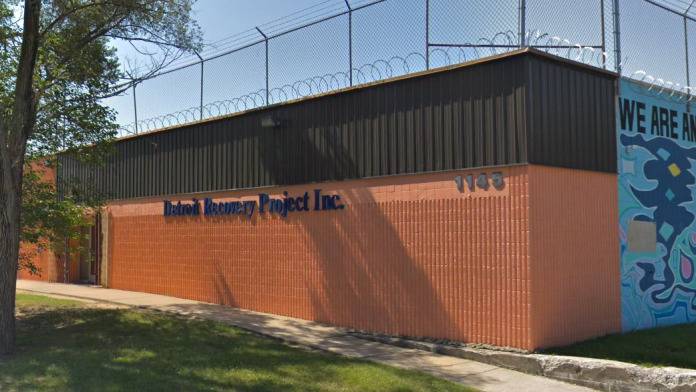
| |
Detroit, MI | The Salvation Army Harbor Light provides a recovery program for adults in need of alcohol or drug rehab. They provide detox, residential, intensive outpatient, general outpatient and transitional housing programs. They have specialized programs for women and children and veterans. They accept walk-in and referral patients. The Salvation Army Harbor | Treatments Programs Payment Options | Gave 4 stars not because I've been there but because I've contacted them for some questions and they were really helpful and they do great things for people with very little money. I would've gave 5 stars but it's so far from my house that it's impossible for me to attend. The Salvation Army helped my family some years ago when they were in need and I'll always be greatful for that. I donate to the downriver store often.
J
4 months ago
Great program and great staff
Mr Daniel Berry
9 months ago
Beautiful staff who truly care. Thank you And GOD BLESS YOU
Kim Ram
1 year ago
| 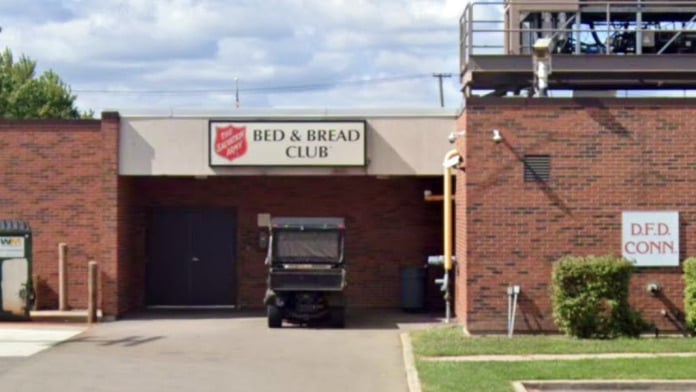
| |
Clarkston, MI | New Oakland Family Center provides various mental health and co-occurring disorder services in Clarkston, Michigan. With comprehensive outpatient care, adults, adolescents, and children can get one step closer to achieving their recovery goals. One thing I like about them is they strive to make care accessible. Seeking co-occurring disorder care ca | Treatments Programs Payment Options | YOU ARE NOT ALONE!! GET THE HELP ITS WORTH IT!!!❤️❤️❤️
I truly can’t say enough about how much the New Oakland Clarkston location changed my life. I came in during a crisis, and I left feeling stable, hopeful, and genuinely happy. From the moment you walk through the doors, you’re greeted with open arms—there’s no judgment, just compassion, warmth, and professionalism.
I was part of the face-to-face program at 28 years old, and everything exceeded my expectations. The group therapy sessions were incredibly powerful and gave me tools I didn’t even realize I was missing. My group leader, Kailee, was with me for the majority of the program and is genuinely one of the most bubbly, kindhearted, and knowledgeable souls I’ve ever met. She created a space that was safe, supportive, and uplifting every single day.
Niki, my therapist, is truly amazing—so insightful, attentive, and caring. Dominique, the nurse, is an absolute gem—compassionate, patient, and always there when you need her. And Matt, the psychologist, didn’t waste any time helping me find the right medication and support. He took my concerns seriously and acted quickly, which made a world of difference.
The staff here truly care. It doesn’t feel like “treatment”—it feels like a community of people who love what they do and want to help you grow and heal. The food was great every day, the atmosphere was calming and structured, and they even gave us breaks for fresh air, which made a huge difference for my mental health.
This place gave me a full toolbox to take with me, and for the first time in a long time, I feel ready. But here’s the truth: you get out what you put in. If you show up, participate, and commit to the process, you will see change. This team will support you every step of the way, but you have to meet them there.
What sets New Oakland apart is that their care doesn’t stop when you walk out the door. They set you up with a real plan for continued support—and they actually follow through. I will forever be grateful for the experience I had here. This team helped me find myself again.
Thank you, New Oakland Clarkston. You saved me.
Abby V
6 months ago
I recently was discharged from the PHP Face to Face program. It was an amazing program! I learned a lot of coping skills, and really felt that I was in a safe, non-judgmental facility.
I spent most of my time with Kailee. She is EXACTLY what the mental health world needs. She is so kind. She really takes the time to get to know. She challenges you, makes you get a little out of your comfort zone, and shows incredible support. I also had the pleasure of working with Martha and Dr. Harris. Both were so warm and friendly. You can tell they just want to see you feel better.
Everyone I encountered was so kind! They never made me feel bad or insecure about being there. Even the front desk ladies were amazing! The one who works check in was always in a great mood, and that helps you settle in and feel comfortable.
Overall, I highly recommend New Oakland in Clarkston if you’re in a dark patch. They will help you create an action plan to get you back to your best self! I hope I never hit a spot again where I need PHP again, but it’s great to know there’s such wonderful humans willing to help you. 10 out of 10 experience.
A Google User
7 months ago
Group/Individual therapy in the same place is incalculably beneficial for anyone willing to do their part to address their own issues with the help of New Oakland Family Centers’ exceptional staff of therapists and psychiatrists. 10 out of 10 would highly recommend! 👍😍✨
Keith Lillywhite
9 months ago
| 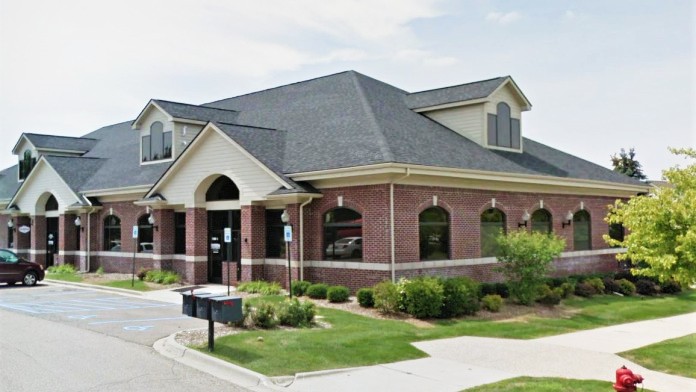
| |
Detroit, MI | Wayne Health’s Tolan Park Research Clinic/Methadone Clinic is located in Detroit, Michigan. They have an opioid treatment and research program that focuses on evidence-based therapy combined with medication to help people struggling with addiction. You’ll work with a team of licensed therapists, psychiatrists, nurses, addiction medicine physici | Treatments Programs Payment Options | Best methadone clinic I've ever been to!! No competition anywhere near their league!
Tonicia Glasker
1 year ago
Great service place for health
Nick Johnson
3 years ago
Oh beautiful people working there and they are very helpful 😊❤️👍
Luther Coleman
3 years ago
| 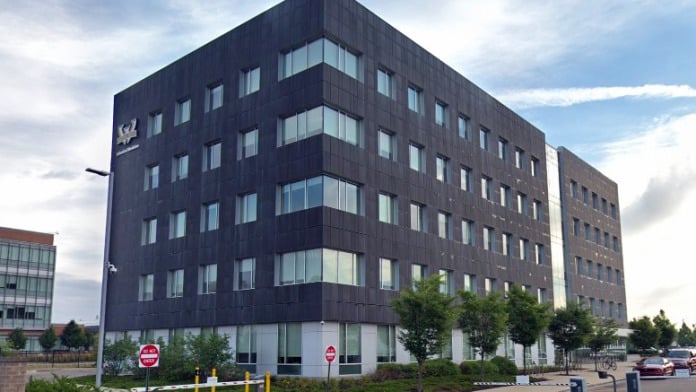
2 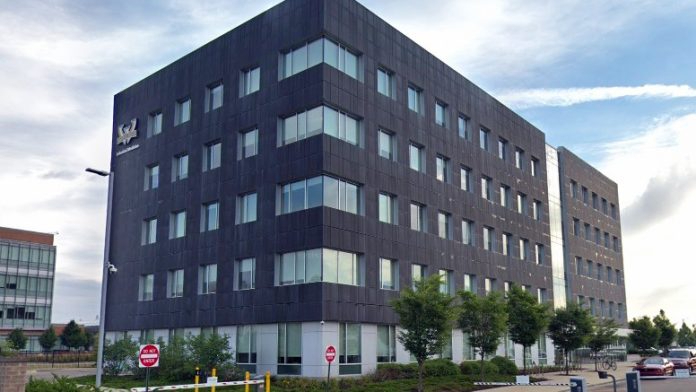
| |
Pontiac, MI | Common Ground offers alcohol and drug rehab programs in Pontiac, Michigan. Their main services are emergency and short term inpatient stays for adults. Common Ground Resource and Crisis Center offers comprehensive addiction treatment services in the city of Pontiac in Michigan. They specialize in emergency stabilization services and short term inpa | Treatments Programs Payment Options | This place and the employees saved my life man !! You get a peace of mind here. Thank you all !
Barbs Empathy
3 months ago
I just wanted to say thank you to all the staff I met here. I didn’t know that places like this existed and I’m more than pleased with how I was treated. You guys work with patience, compassion, diligence and all have huge hearts to take on a job like this. For someone like me who had nowhere to turn and nowhere to go this was the help that I needed and I cannot thank you all enough. Keep up the amazing work ❤️
Tai Wormely
5 months ago
I didn’t think I had time for recovery, but the flexible schedule and awesome staff made it possible! They respected my culture and never made me feel ashamed. Some of the group talks felt a little fast, but I learned so much. My family joined for a session too, which helped a lot. I feel stronger now, not alone.
Mei L.
8 months ago
| 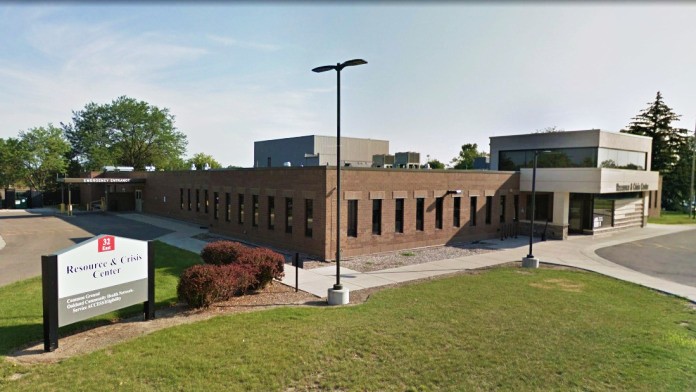
| |
Canton, MI | For more than 50 years, Growth Works has supported clients in the youth justice system as well as those needing substance use treatment. They serve Michigan and are proud of their gold seal of accreditation from The Joint Commission. Their substance use outpatient clinic is located in Canton, Michigan. Outpatient Drug Treatment in Canton Growth Wor | Treatments Programs Payment Options | Good people that want to help you. You guys have been a big part of my recovery!
Andy Kozza
5 months ago
Helps me keep in touch with the agency successes.
Jim Belknap
6 months ago
Growth Works has a very kind & caring staff. I highly recommend it, if you're seeking recovery treatment.
Daniel Greene
1 year ago
| 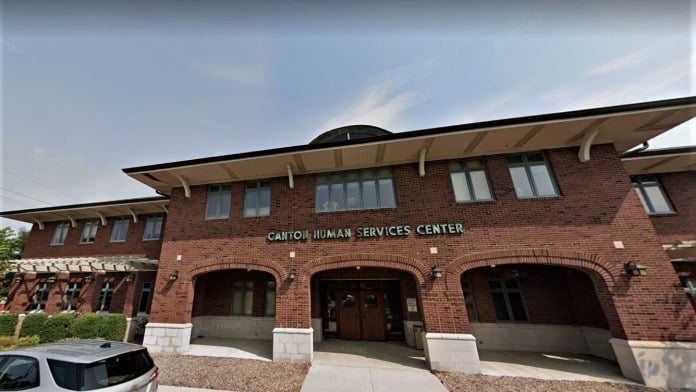
| |
Avenues Recovery Center at IndianapolisAd This is an ad and Avenues Recovery Center at Indianapolis is a paid advertiser. Paid advertisers may be listed first in search results. This ad may contain content provided by the advertiser. Rehab.com does not verify ad content or any reviews that are displayed. Learn More Indianapolis, IN | Avenues Recovery Center at Indianapolis is a 144 – bed detox and residential rehab facility offering drug and alcohol addiction treatment. Located in the heart of Indianapolis, Avenues offers an evidence-based clinical program, comprehensive medical care, and custom MAT options – consistently yielding highly effective results. Its multidisc | Treatments Programs Payment Options | View Website (463) 221-4959 | Avenues Recovery Center at Indianapolis has no reviews yet. Leave a review.
| 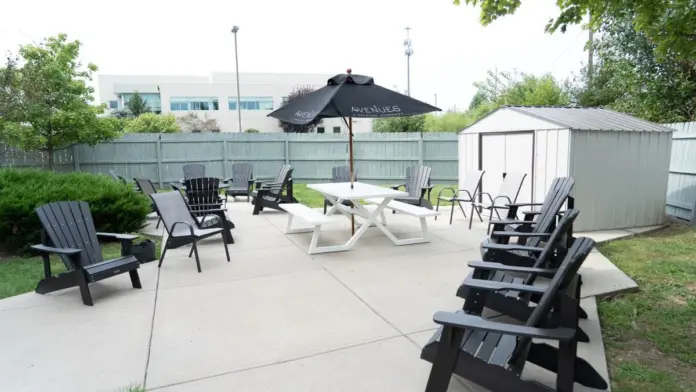
6 6 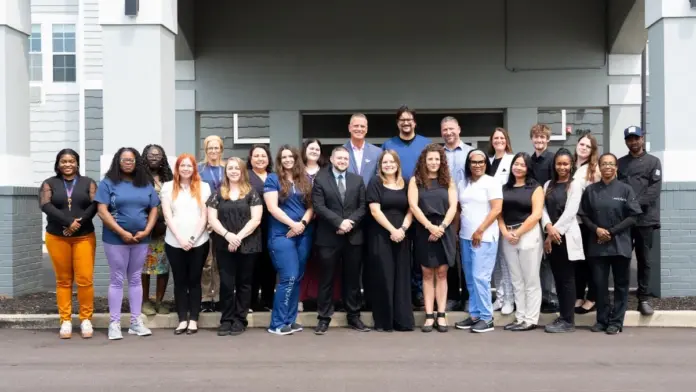
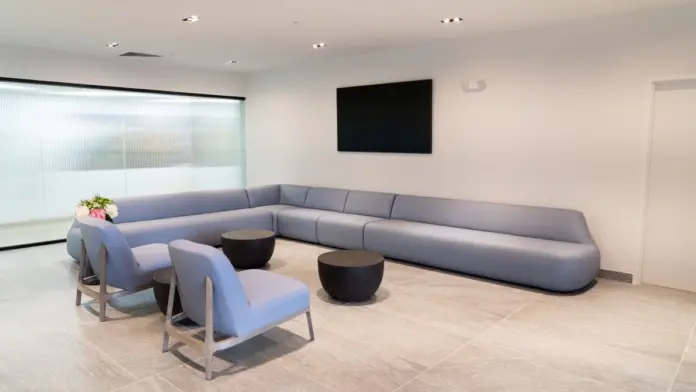
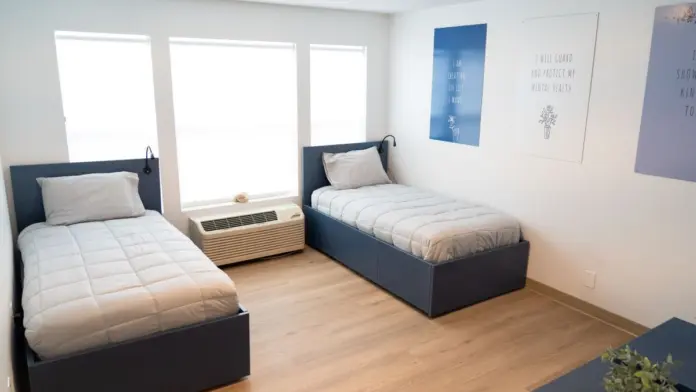
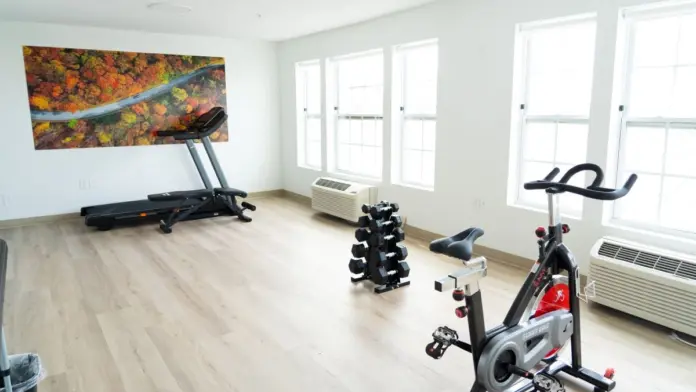
|
Troy, MI | River’s Bend PC is a private outpatient substance use and mental health disorder clinic in Troy, Michigan. They’ve been providing treatment services to the community since 1995, giving adults, kids, and families more than 30 years of experience. Clients can be treated in person or through telehealth for any of their programs. Members of the c | Treatments Programs Payment Options | kayla is amazing
History repeats itself
2 months ago
Logan and Drew both are great I love coming to I.O.P because of them.
William Sharpe
2 months ago
The online group with Karen and Meredith did a lot for me. I actually think I benefited from being online: it made interacting with others, as well as the content, a lot less exhausting/intimidating. Ultimately, the experience was what I made it. I find myself much more tolerant of myself these days, as well as more comfortable around other people. I know SO many people who could have used this at some point of their lived and would highly recommend it!
Wes Broda
3 months ago
| 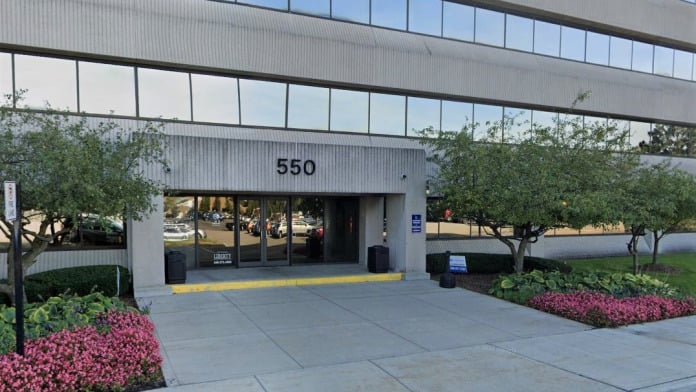
5 5 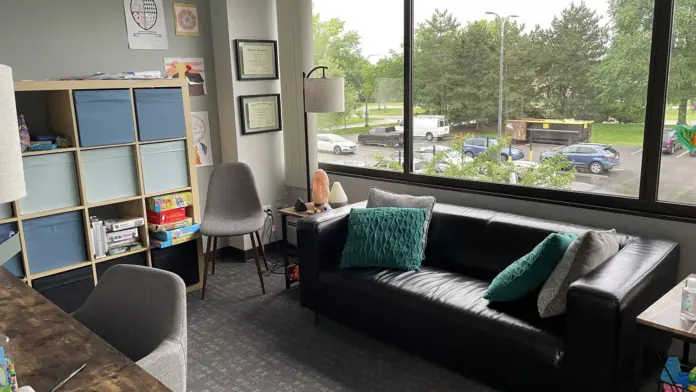
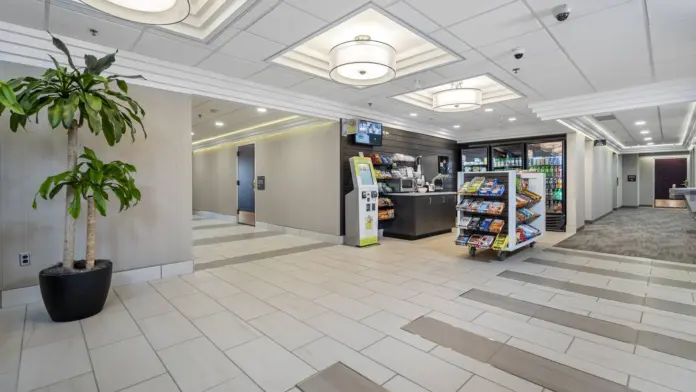
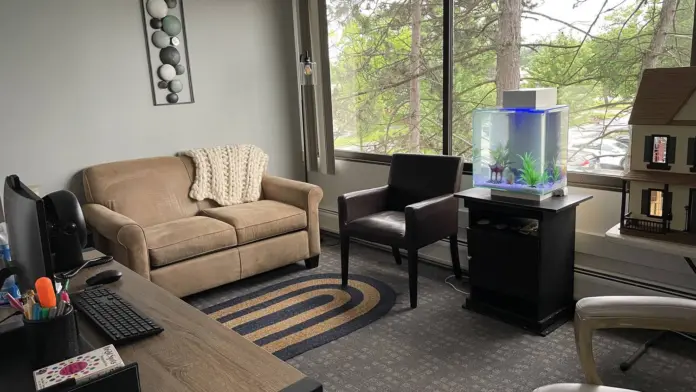
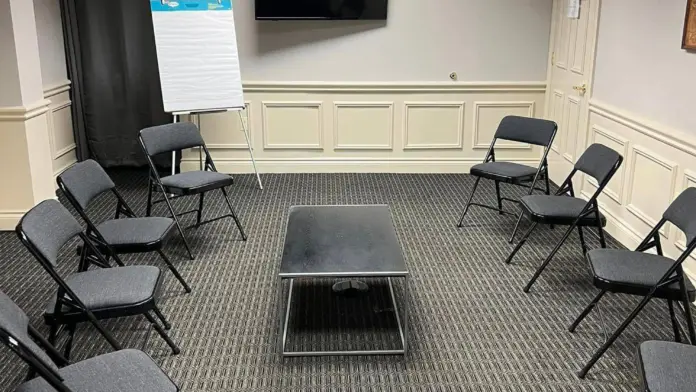
| |
Detroit, MI | Nardin Park Recovery Center (NPRC) is an outpatient drug rehab clinic located in Detroit, Michigan. Nardin Park Recovery Center is located in Detroit, Michigan. This is a non profit methadone clinic that supports adults who need access to dosing if they’re working through an opioid use disorder. Services are offered in an outpatient setting | Treatments Programs Payment Options | I’ve been coming since since November 25, 2024 & I believe it was meant for me to come this clinic cause when I called the 800 number to get in another facility that I wanted to go to , they couldn’t get me in into sometime in December & I was telling the representative I can’t wait to dec I’m not gon make it gonna relapse so she said Nardin Park had an opening mind you I’ve never been on methadone
I didn’t even know it was a Methadone clinic but I took what the lady offered me & im on methadone now and it has helped me stay clean from pills.. they’re about business at nardin park good staff Great counselors well the two that I know of Ms. Todd and Ms.Burton I love them they’re so awesome n helpful but don’t take no bs as well .. long story short I’m happy to be a patient here don’t get me wrong. It’s a lovely clinic, but I don’t plan on being here for a year after the year. That’s my goal but I’m happy I came here with the right people much love ❤️
Court Love
11 months ago
This place is the best! I've been to other treatment centers but Nardin Park outclasses them all by leaps and bounds. The staff has a friendly but no nonsense attitude which I appreciate. They are professional and caring at the same time. For someone like me that is here for treatment and not a "Social Club", NPRC is the place to be!!!
Well, it's 2023 and time for a life change. Thanks to NPRC I have been "clean" for over 2 years. I feel that I am ready to take the next step in my life. Time to detox out of the program. I am so ready to move on. Thank you NPRC staff for helping me to put my feet on solid, stable, drug-free ground.
Below are my before and after photos. The look of "clean" and healthy can't be beat!!!!
DJ Childs
1 year ago
Very professional and friendly staff.
Jerry Smith
1 year ago
| 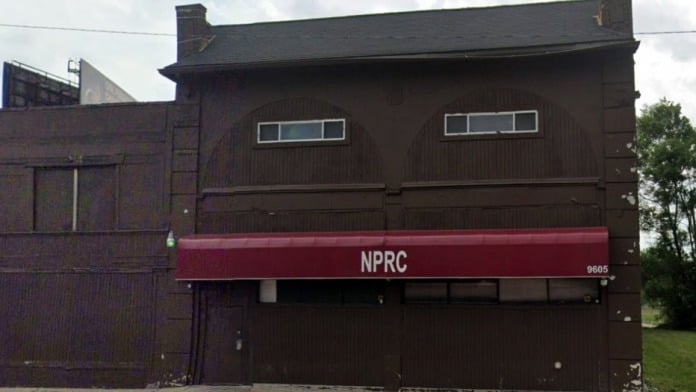
2 
| |
Detroit, MI | The Salvation Army Harbor Light Recovery Program provides a beacon of light to adults seeking sobriety or freedom from alcohol and drug addiction. This encompasses men and women physically and mentally capable of participating in substance use treatment. This program is located in Detroit, Michigan. They offer an individualized continuum of care ta | Treatments Programs Payment Options | Gave 4 stars not because I've been there but because I've contacted them for some questions and they were really helpful and they do great things for people with very little money. I would've gave 5 stars but it's so far from my house that it's impossible for me to attend. The Salvation Army helped my family some years ago when they were in need and I'll always be greatful for that. I donate to the downriver store often.
J
4 months ago
Great program and great staff
Mr Daniel Berry
9 months ago
Beautiful staff who truly care. Thank you And GOD BLESS YOU
Kim Ram
1 year ago
| 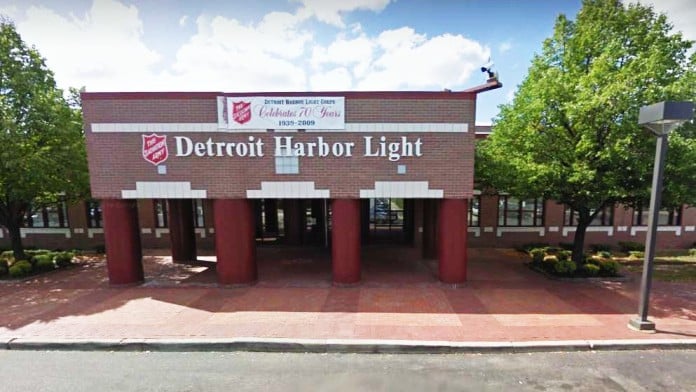
| |
Roseville, MI | BioMed Behavioral Healthcare is an opioid treatment and recovery facility that specializes in medication assisted treatment (MAT). This technique uses FDA approved meds alongside counseling to support “whole person” recovery. They’re equipped to help you handle co-occurring mental health issues as well. They have facilities in both Roseville | Treatments Programs Payment Options | I want to express that bio med has been a life saver and the staff and doctors and counselors work hard everyday to help us all. Be grateful to all of them. I know I am and have respect for the front staff, that job is not easy. They here so much stuff u wouldn't believe and they have a life too. Nurses are great aswell they work hard and need respect aswell. So my point is,if u want respect u have to give it. Thank u bio med
Richard
4 months ago
The people here saved my life. I have nothing bad to say...sure the lines get backed up, that's ANY MAT clinic(and that's once in awhile in tough situations...this is my 4th clinic, and the best yet. I waited 1-2hrs EVERY day at my 1st 2 clinics). The front staff do their best with all they deal with. From seeing both perspectives, they do their best. Counselors are outstanding!
Dj Djaha
4 months ago
Been here since '19 and I will most likely be a lifer.This place's functionality can vary from day to day, which isn't ideal for people trying to stabilize. That said, the NPs (Doctors everyone calls them) are 11/10. Reene (sorry about spelling) andTonya are absolute angels, doing Gods work. Swriously they couldn't be better. The front desk ladies are good too, always busy. And thank god for the nurses too.They have been reliable lately and that is nice. Overall this place has some issues but don't throw away the bushell for one bad apple. Bonnie is also amazing and although I've only had a few interactions with her, each one was more pleasant than the last. Great lady.
Jking 0.o
6 months ago
| 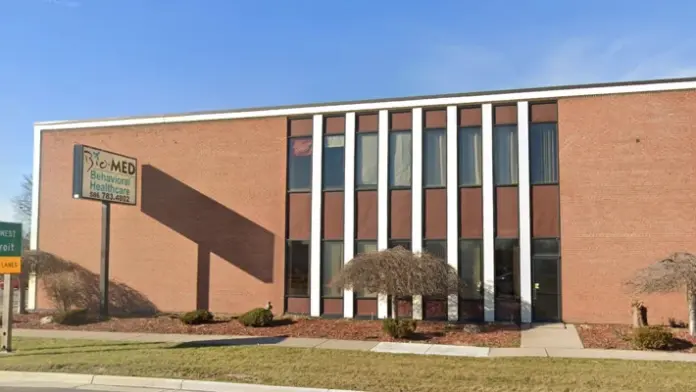
| |
Detroit, MI | CNS Healthcare’s Adult Services facility is located in Detroit on East Warren Avenue and is a nonprofit that offers mental health and substance use care. Their services are inclusive and person-centered for example, adults, seniors, and veterans are clients. They’re part of the Michigan Prisoner Re-Entry Initiative. People with trauma and those | Treatments Programs Payment Options | Good place to go to if you need to talk or need help for depression or anxiety or etc. I just absolutely love the people there
Theressa Dustman
2 years ago
Alright place but bring back the groups
Aszarel Yehudah
2 years ago
Phone service sucks. But they're there to help and they come thru.
DRV
3 years ago
| 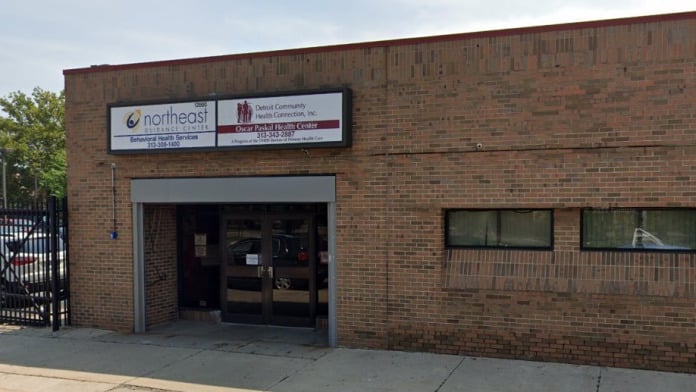
| |
Waterford, MI | CNS Healthcare, located in Waterford, Michigan is a private alcohol and drug rehab that offers treatment for a variety of substance abuse addictions including alcoholism, co-occurring mental health disorders, and opiate addiction. They offer supervised medical treatment to safely manage withdrawal symptoms during detoxification, as well as flexible | Treatments Programs Payment Options | Had emergency they walked me through the process and made sure I was taken care of. I will go in more detail when I finish thank you Troy P.
Brandon Rook
4 months ago
I am well pleased with my nurse, my NP, and the receptionist at the summit center, Waterford
Samuelc Clayton
4 months ago
I came in for an initial consultation with Jerry. The gentleman has a masters in social work. It was gonna be a two hour questionnaire fill out to see how they could help me best. He was one of the nicest, kindest, most gentle and patient professionals I’ve spoken with in a while. I get to see a psychiatrist this Friday coming up. I’m looking forward to it and expecting to get results that are needed
Matt S
6 months ago
| 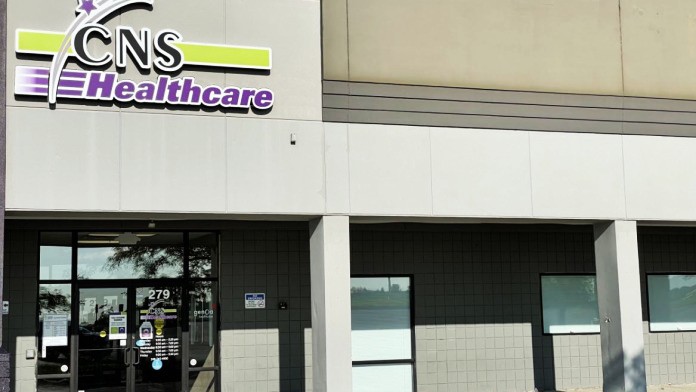
2 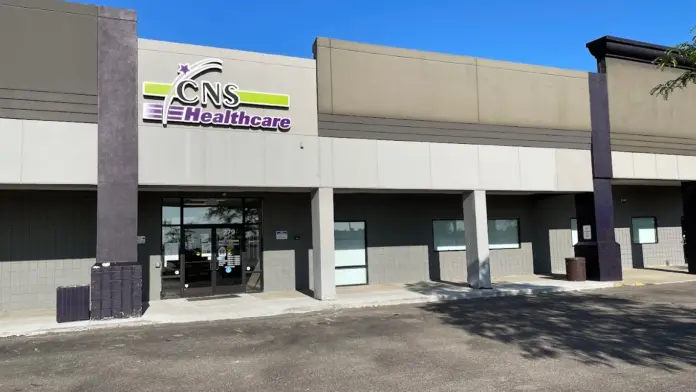
| |
Sandstone Care Tinley ParkAd This is an ad and Sandstone Care Tinley Park is a paid advertiser. Paid advertisers may be listed first in search results. This ad may contain content provided by the advertiser. Rehab.com does not verify ad content or any reviews that are displayed. Learn More Tinley Park, IL | At Sandstone Care Tinley Park, we help teens, young adults, and their families overcome challenges with drugs, alcohol, mental health issues, trauma, and addiction in Tinley Park, Illinois. At our Drug and Alcohol Rehab Center, we focus not only on helping individuals overcome substance use, addiction, and co-occurring mental health conditions but | Treatments Programs Payment Options | View Website (888) 491-9937 | Sandstone Care Tinley Park has no reviews yet. Leave a review.
| 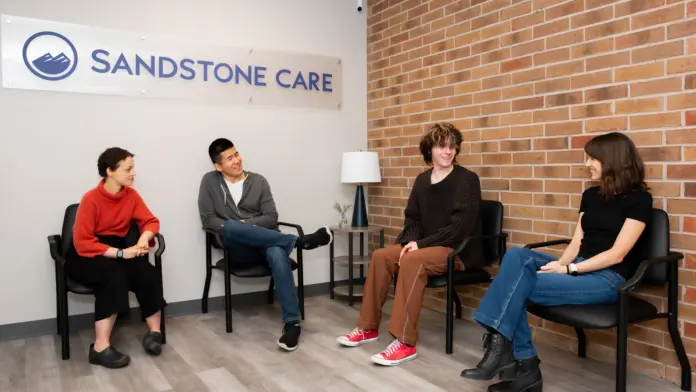
|
Detroit, MI | Adult Well Being Services, located in Detroit, Michigan is a non-profit alcohol and drug rehab that offers treatment for a variety of substance abuse addictions including alcoholism, co-occurring mental health disorders, and opiate addiction. They offer flexible outpatient addiction therapy allowing patients to live at home while receiving regular | Treatments Programs Payment Options | Great staff and clean facility
D Mc
2 years ago
Mental health is real So please get help before it's to late
Hunter Jack
3 years ago
Understanding people
Linda Bradley
3 years ago
| 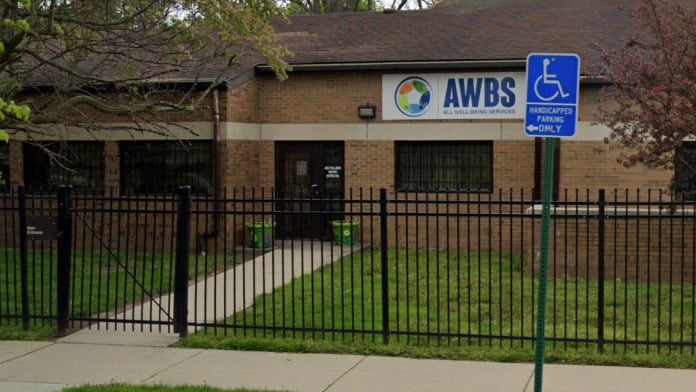
| |
Madison Heights, MI | The Personalized Nursing LIGHT House, in Dearborn Heights, Michigan, helps adult women overcome substance use disorders. If you need gender-specific withdrawal management or residential treatment, they can develop a customized care plan based on your needs. PNLH Madison Heights offers a welcoming and structured environment for adult men beginning | Treatments Programs Payment Options | PNLH is an amazing facility with amazing people who genuinely care about your wellbeing and recovery. I stayed in July/August and my experience was amazing. I’m excited and positive about my future and my recovery all because of PNLH. The staff is wonderful and I was lucky to be with an awesome group of girls. I highly recommend this place if you need the help.
Tiffany Smith
2 years ago
This place is actually nice not sure about the last review but I was a patient and they really helped me the staff there is good at what they do the meals are family style so we all take turns cooking I learned a lot there and have been to treatment places where they actually don’t care and your treated like another number I would and have sent other loved ones there
Christie Brewer
5 years ago
| 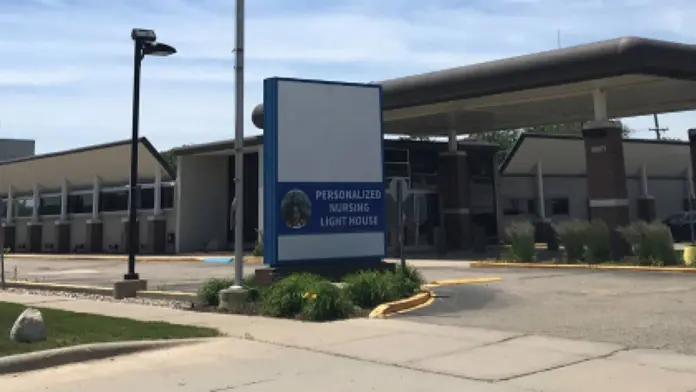
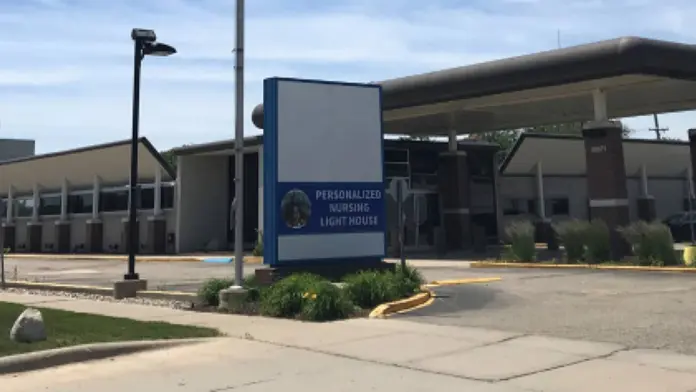
| |
Detroit, MI | Latino Family Services is a community oriented organization that's committed to helping all members of the surrounding Detroit, Michigan, area. You’ll find supportive care here when you need it most. As a community agency, they offer a range of social services and treatments that address mental health needs and chronic substance use struggles. Th | Treatments Programs Payment Options | If you need help . This is the place to come to
Isela Reyna
6 months ago
Good hearted amazing people, making a difference in the community. Thank you so much for all you do! Keep up the hardwork!
Joey Fritz
1 year ago
Super helpful staff that are greatly appreciative of all donations.
Katarina Grosska
3 years ago
| 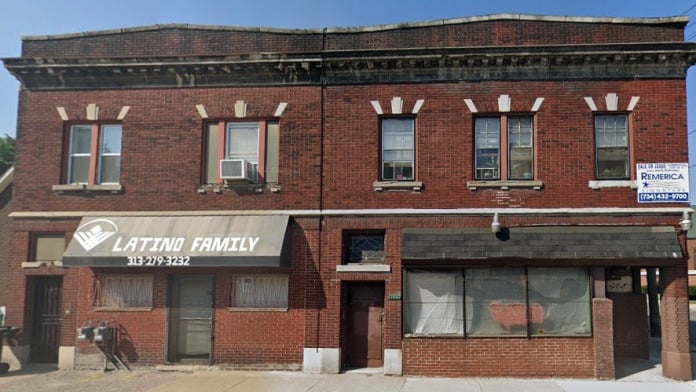
| |
Taylor, MI | Hegira Health’s Taylor Outpatient, formerly Community Care Services, provides treatment for individuals struggling with substance use. It’s in Taylor, Michigan. The services available at this location include sobriety court services and traditional and intensive outpatient programs (IOP). The facility accepts both Medicare and Medicaid as payme | Treatments Programs Payment Options | Friendly people nice place
Andrew Kunasz
8 months ago
Been with this office since 2019 and I absolutely love them CCS now they are hegira health! Never have issues with refills or appointments or even meds they are all amazing!
Brittany Al-Aajeeb
1 year ago
Social workers are great, therapists are great, nurse practitioners are great, this review is more for HEGIRA in general but their psych doctors are all disrespectful.will talk down to you, judge you from the very beginning, at least that's my experience with each new doctor I see and location I go to. They see I am prescribed Suboxone (have been for 5 plus years) and try to take me off of my psych meds I've been on for five years or longer.yes, one is a controlled substance but ive heard so many reasons why they won't or can't continue me on my medicine that I know works because I've been told multiple times completely different stories.it took years to find the right cocktail that works for me.only by the prescribing doctors do I ever have anything to complain about.i don't usually leave reviews for anything unless it's something I love or it's a genuine problem.i know plenty of people who are prescribed incredibly unnecessary amounts of drugs, or people with the same or similar combination I am on and don't have the problem i am having. opioid crisis I get it but not everyone taking them is abusing them.is the only way I'm going to get the same meds I've always been on by going to a shrink where I have to pay? I've seen plenty of doctors who weren't psych doctors but would still give me my psych meds with my Suboxone, yes things are different now more strict, but over the last two and a half years of trying to find a shrink to get my stuff from the right doctor , I haven't had a psych prescribe my psych meds to me In almost three years. My PCP and my Suboxone doctor help me by writing them as long as I show them I am trying to get in somewhere. So if it's perfectly fine for the doctors who really shouldn't be giving benzos scripts to me (psych meds were originally started from actual psychiatrist in the beginning) why in the EFF will absolutely no one help me?!?
Tyler M
1 year ago
| 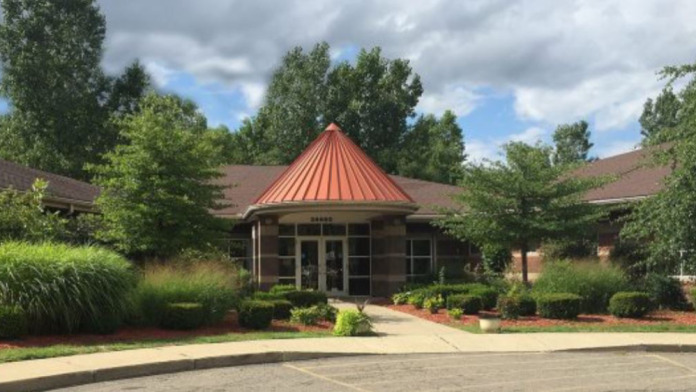
|

Michigan is ranked 13th nationwide in terms of addiction treatment affordability, with an average cost of addiction treatment of $56,508.
The costs of drug and alcohol rehab in Michigan vary widely and depend on several factors, including:
The costs of addiction treatment listed for cities and states are averages based on the cost of the treatment types listed above. These averages are high due to the cost of medical detoxification and residential inpatient rehab programs.
These numbers also reflect the raw cost of drug rehab, before any insurance coverage. The typical individual seeking addiction treatment can expect to pay much less for outpatient or intensive outpatient services than the averages listed below.
There are many ways to pay for drug rehab in Michigan. Most treatment centers accept cash or self-payment, as well as private health insurance. However, there are many treatment centers in Michigan that accept Medicaid and Medicare, or offer sliding scale payments or other low-cost payment options. Here’s the complete breakdown of how to pay for addiction treatment in Michigan.
Blue Cross Blue Shield is the most widely-accepted insurance for drug rehabs in Michigan, with 172 treatment centers in the state accepting their insurance. UnitedHealth Group is the 2nd most popular with 159 treatment centers accepting it followed by Aetna in 3rd accepted by 155 drug rehabs.
Michigan is ranked 15th nationwide in drug rehab admissions, with 731 rehab admissions per 100,000 population in 2023, which is higher than than the U.S. national average of 621 admissions per 100,000.
The following are the number of Michigan rehab admissions in 2023 for each of the 6 most frequently used drug classes, as well as the relative percent for each type of drug.
Source: Substance Abuse and Mental Health Services Administration. National survey of substance abuse treatment services (N-SSATS).
Michigan is ranked 33rd nationwide in terms of annual drug overdoses, with an average of 25.7 overdoses per 100,000 population and a total of 2,578 overdoses in 2023. Opioid abuse accounted for 79% of all drug overdoses in Michigan, with a total of 2,028 opioid overdoses in 2024.
Centers for Disease Control and Prevention. Provisional drug overdose death counts. U.S. Department of Health and Human Services.
Michigan is ranked 41st for drug and narcotics-related violations, with an estimated 230 narcotics citations per 100,000 population which is lower than the National Average of 421.
All values are per 100,000 population.
Federal Bureau of Investigation. Crime data explorer: Crime trends. U.S. Department of Justice.
Michigan has the 28th highest rate of drunk driving in the nation, with a total of 209 DUI arrests per 100,000 people in 2023 (and 20,952 total DUI arrests).
All values are per 100,000 population.
SafeHome.org. DUI statistics and trends.